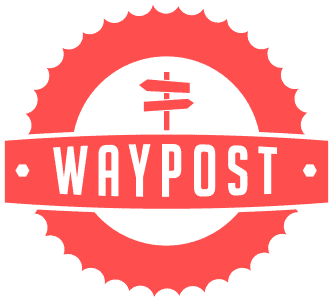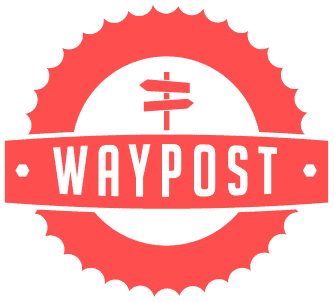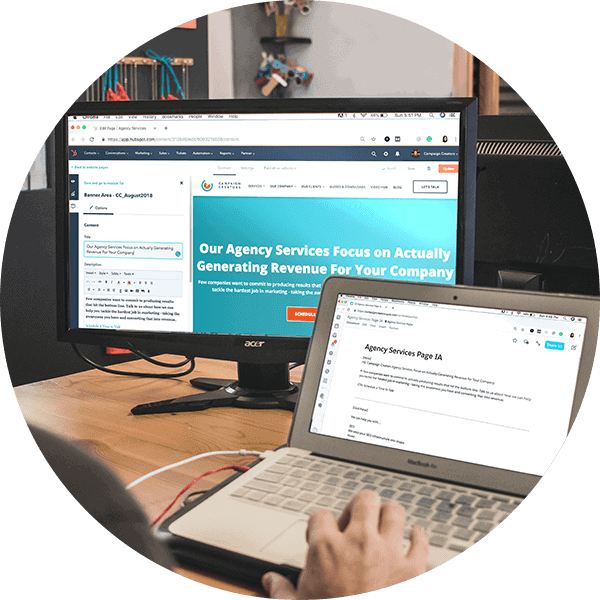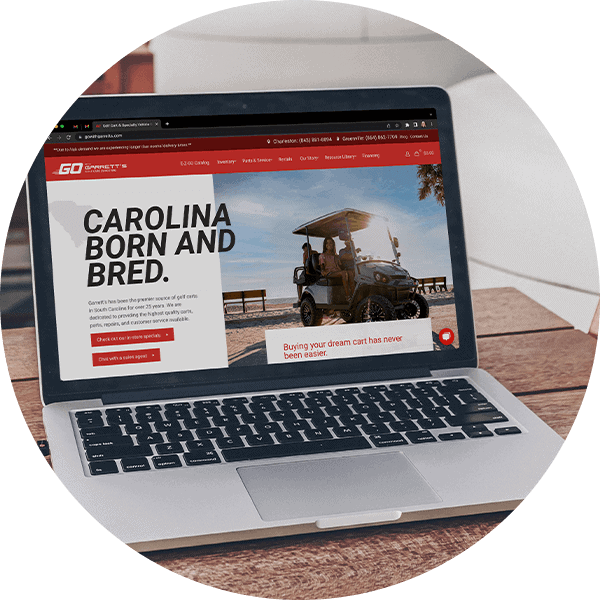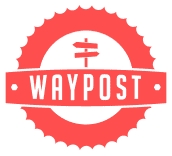
B2B Lead Generation Strategies That Work
April 26, 2018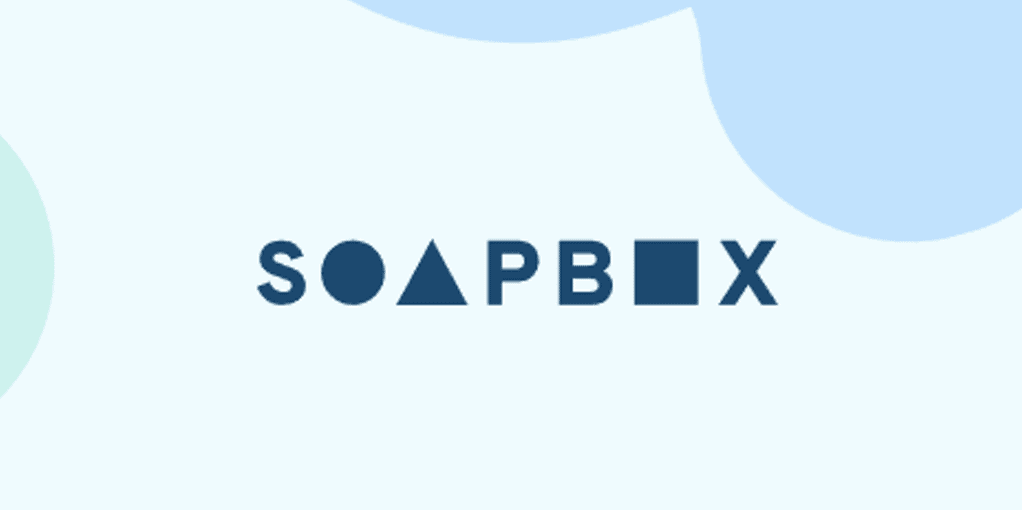
Create Free, Fast & Easy Video With Soapbox (#cultureofvideo)
May 3, 2018
There was a time when social media and marketing platforms were willing to give you amazing value just for using their services and contributing to their grand experiment. Social media was one giant beta test, and it lulled people into believing that the goal of these new platforms was to create free exposure: to “connect people”.
Unfortunately, the only real goal any successful business is going to have is generating revenue. Once that “free exposure” platform goes public, shareholders will be expecting to see profits.
Facebook is a great example. I want to break down what it takes to be effective on social media today, focusing mainly on a single metric.
Reach.
Businesses used to enjoy healthy organic reach simply by posting to Facebook. Algorithm updates and a prioritization of content with high production costs means that your organic reach has probably dried up to less than 2% of your total following. This has led many businesses to spend a lot of money on paid reach, using boosted posts or Facebook Lead Ads.
There’s absolutely nothing wrong with paying for reach. It’s fast, easy, and handy for testing your content out on various unique audiences; but the impact of paid reach will only ever be a flash in the pan. For lasting results, you have to keep paying.
There are three unique strategies that I recommend to clients based on their particular needs and expectations. From really cheap to really expensive, these are strategies that only focus on the work that will result in greater reach. Everything else just ends up being wasted time.
1. The Autopilot Approach (Cheap & Easy)
Every business needs to be on Facebook, but not every business needs to be actively on Facebook. If your business isn’t the type to attract a large social following (perhaps you install manufacturing equipment for textile factories), then the Autopilot Approach might be for you.
To put your social platforms on autopilot, set all of your published web content to auto-publish on Facebook, etc., and make sure that those profiles look nice and show accurate contact information.
The goal of this strategy is to provide a quality presence on the platform for the people who are searching for you online. An up-to-date social profile adds to your credibility and contributes to your organic search rankings on Google. The benefit of this strategy is that it’s very cheap and easy to execute.
2. Targeted Ads (Paid Reach)
Even if you choose to put your platforms on autopilot, you may also choose to incorporate targeted ads into your overall growth strategy. Paid reach can be extremely effective if it’s managed properly, and as an added benefit, there is no long-term commitment involved. There are no consequences for turning your ads on and off from month to month (or even day to day).
Paid reach is a quick win, and your budget is completely up to you, but how well you manage those ads will greatly affect your ROI. Because of this, I have three recommendations for anyone planning on spending more than $500 per month on paid reach:
- Don’t manage your own campaigns. The money that you spend hiring a professional to set up and manage your ads will be less than the money you would waste through mismanagement if you do it yourself. An expert in paid ads will use every available tool to target your audience accurately and regularly, so you’re only paying to reach potential leads.
- Produce quality offers for your ads. The money you spend on clicks will be wasted if the content you’re advertising fails to convert. Crafting good quality content that offers actual value to your audience is key to effective paid advertising.
- Test multiple audiences and multiple offers. A secondary goal for any ad campaign should be to explore new audiences and opportunities. Because audience targeting can be so specific, paid advertising campaigns provide a unique platform for experimentation with different content and demographics.
3. Go “All In” For Organic Reach
I’ll be fully transparent here. Very, very few of our clients get this recommendation, and even fewer are willing to pay the price. Of course, a lot of that has to do with the types of B2B clients we typically work for, but if you are in the market for a full social media strategy, prepare yourself for the cost involved.
I think it’s fair to break organic reach down into two components: priority and engagement. Facebook’s feed is operated by an algorithm that determines who sees what. So boosting your organic reach basically requires you to appease that algorithm (similar to Google search).
To gain priority in the algorithm, you have to produce certain types of content (primarily video), that is especially relevant to the group or community you’re sharing it with (“broad-spectrum” content won’t fare as well).
Engagement is the other half of the equation, as Facebook determines what gets shown more broadly based on how it’s doing with only a limited reach. The more engagement a post gets, the more it gets shown.
Starting to see why it gets expensive? To attain organic reach, you have to be sharing high-production-cost content with an offer so well-crafted that people are actively engaging. In addition, the content is timely and relevant, which means it’s not often reusable. All of this translates into a full-time job when you start breaking down everything that’s involved.
One alternative to going “all in” yourself that many businesses are embracing is called influencer marketing, and we do recommend this strategy for many businesses.
Influencer marketing involves finding individuals with large social media followings who share a common audience with your business. Once you find an influencer, you come to terms with them to promote your content. We would consider this “organic paid advertising” and it is very effective when handled properly.
Conclusion
Are you spinning your wheels on social media just because “that’s what everybody’s supposed to do”? You might be wasting your time if you aren’t considering the impact you’re having on Facebook in comparison to the impact you could be having elsewhere.
Social media marketing is only one piece of a complex machine designed to grow your business by generating and nurturing leads. If you haven’t yet figured out how important social media should be to your own growth strategy, consider giving us a call. We can sit down with you and look at your business and your goals and determine the best possible digital marketing and sales strategy to meet those goals.
